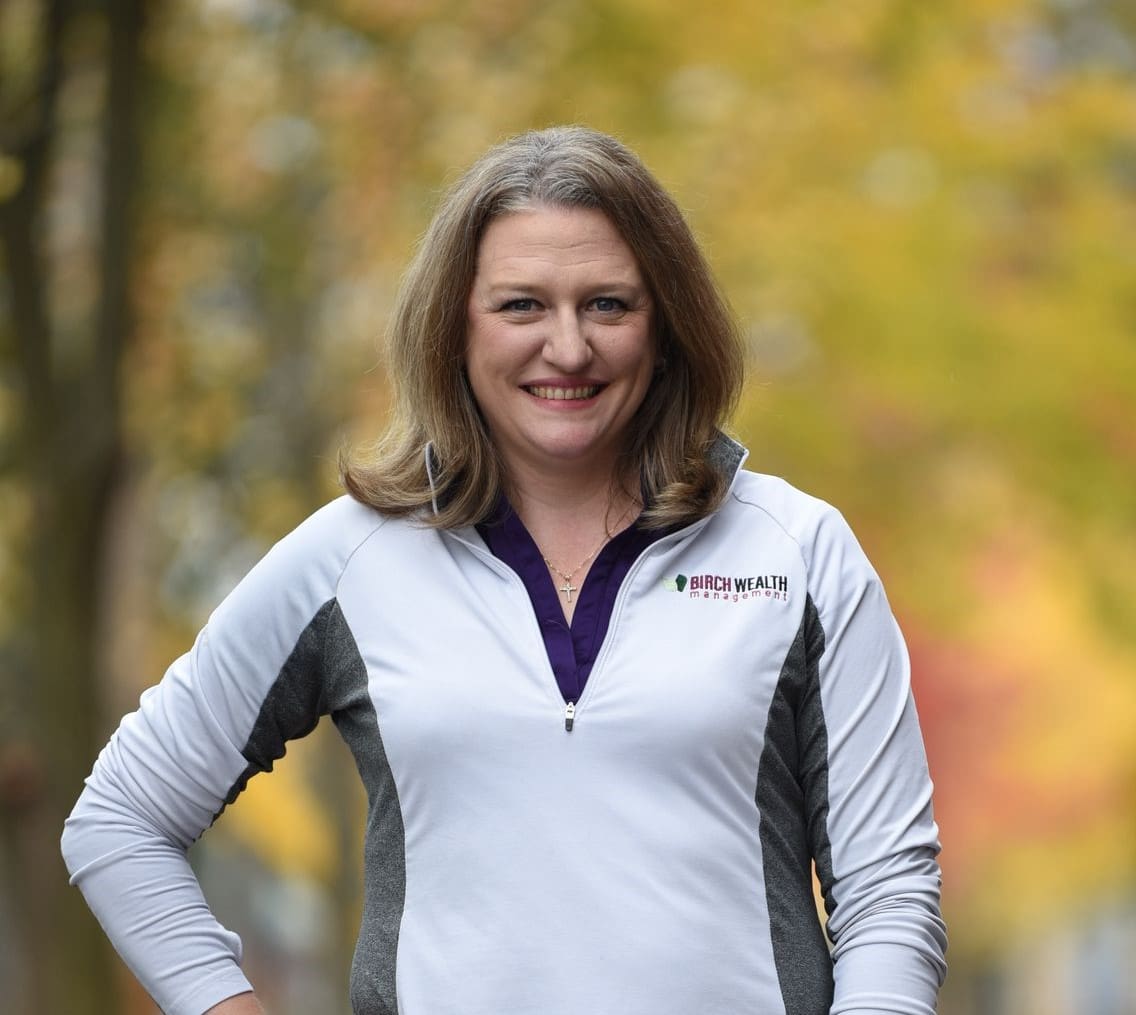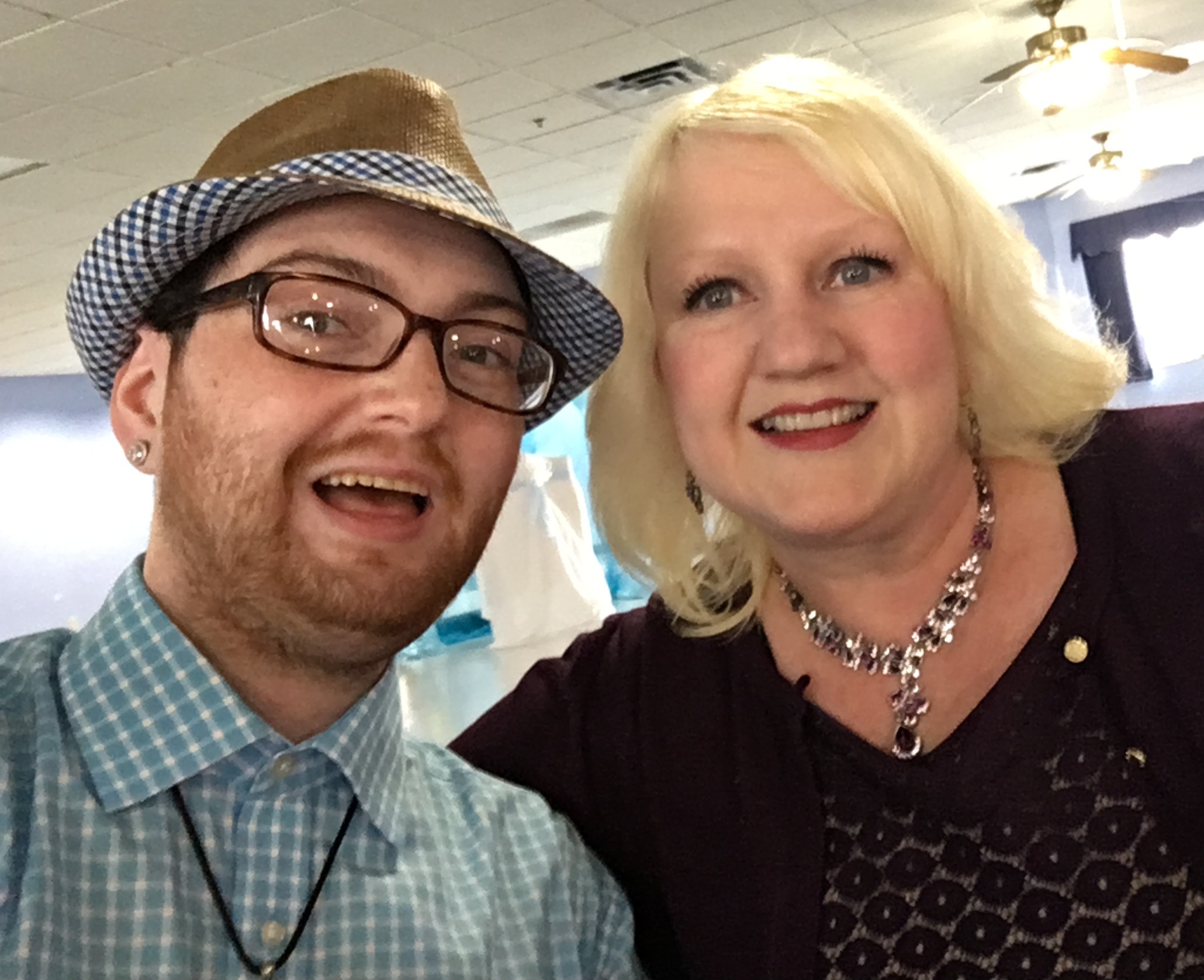By David Tyler
By creating a flexible, family-friendly culture, Robert J. Dermody, John D. Burke and Daniel J. Brown were ahead of their time when they founded their accounting firm – Dermody, Burke & Brown – in 1956.
“Our founders … all had a boatload of kids – and daughters – and they wanted to make sure that the firm was family friendly,” said Madelyn Hornstein, who recently stepped down from the role of chief executive officer and is planning her retirement at the end of the year. “Just as they wanted their daughters to be given the opportunity to be on a partner track or succeed in their profession, they wanted us to, and that kind of filtered down.”
Hornstein, who is in her 40th year with DB&B, has turned over the CEO’s reins to Carolyn Sturick, who herself has been with the firm for 33 years including the last 13 years as chief operating officer. Both are mothers of three and see themselves as beneficiaries of a flexible corporate culture that emphasizes the importance of work/life balance.
“Thankfully when we were hired many, many moons ago, management was of the mindset that they wanted women and moms such as ourselves to be able to stay in public accounting so the culture is such that we were able to have the best of both worlds and continue along the partner path but also be good moms,” Hornstein said. “And we work very hard to make sure we continue to maintain that for the young people coming up through the ranks.” When Hornstein had young children, she was able to work part-time at the firm until her youngest child was in kindergarten while still staying on a partner track.
“I utilized that same flexibility growing up through the ranks here,” said Sturick, who enjoys hiking in the Catskills and Adirondacks with her family. “Actually being at Dermody this whole time raising them, it’s been able to have the right balance, to be able to have a family and do all the things with the kids and also continue to develop the role and the position here.”
That flexible corporate culture, whether its applied to people with young families or those responsible for the care of aging parents, has created a happy workforce and greatly aided the firm in recruitment and retention.
“Some of the women that we have here today grew up in other firms and are here now because of that flexibility or because of a perceived glass ceiling. I don’t know so much about the local firms, but there’s clearly other CPA firms that if you can’t be full time 2,400, 2,500 hours a year, you’re never going to make partner, and how many moms can do that?” Hornstein said. “So that’s why I think we’ve been able to retain people that have started here and grown here, but we’ve also been able to attract people that started at other places that are here now, even amongst the partner ranks.”
Having two women in charge who both fully embraced their roles as moms and still made it to the top of the firm provides a strong example for younger staffers that they don’t need to sacrifice their families for their careers, or vice versa. “It lets people see that that’s how it works,” Sturick said. “We’ll take whatever you can give, as long as it’s high quality.”
To meet the demands of the business while making this flexible, family-oriented corporate culture a reality, the firm has between 90 and 100 employees who make up the 80 or so full-time equivalent positions at its four Central New York locations. “I think as the world evolves and people don’t want to work as many hours going forward, we have the right model,” Hornstein said. “It goes back to the culture. It goes back to our willingness to have more people working for us, but not necessarily full-time equivalents.”

As it has for many companies, the pandemic also impacted Dermody, Burke & Brown, but Hornstein said the firm was well prepared and was able to continue on without missing a beat. “When the pandemic hit, the ability that our company had to pickup their laptops and go home and continue to work at home was unbelievable,” Hornstein said. “I just wanted to give our IT guy a big hug.”
The firm has also embraced the work-from-home trend, and offers its employees the opportunity to work from home or from the office, whatever works best for them. And it has adopted a ‘dress for your day’ policy in which employees can dress casually on days when they aren’t meeting with clients.
As she takes on her new role, Sturick said it is important to prioritize both the outward-facing strategic initiatives as well as the inward-facing goals that make those initiatives a reality.
“[It’s important to] think about the client service that we do and how we have to continue to build those relationships with our clients, make sure we help them achieve what they’re looking to achieve, answering those questions, guiding them, advising them,” she said. That all happens because the corporate culture helps cultivate a team that is devoted to the firm and to its clients.
“We have such a good group of people here in this firm,” she said. “They give 110 percent because they want to be here, rather than just going to a job.”
Looking back on her 40 years with the firm, Hornstein said the expectations of the clients has changed. “In years past, you could have been a generalist,” she said. “Now, clients want you to know their business. If they’re in construction, they want you to know the construction business.” As a larger firm, that also creates a diversity of opportunity for employees who can dig into an aspect of the accounting field they are drawn toward.
It is that consulting role that Sturick really enjoys. “They’re looking to us to try to advise them about what they should and shouldn’t do,” she said. “The fact that they come to us with those questions is probably the most satisfying part of all this.”
As she prepares for retirement, Hornstein feels confident that firm, under Sturick’s leadership, will carry on the legacy that began with the founders in 1956, and was passed down to Hornstein 13 years ago by her predecessor, Bernie Corbishley. “I always tell people, I didn’t create the culture,” she said. “But I’m really trying hard to maintain it, because I know what it did for us.”






You must be logged in to post a comment.